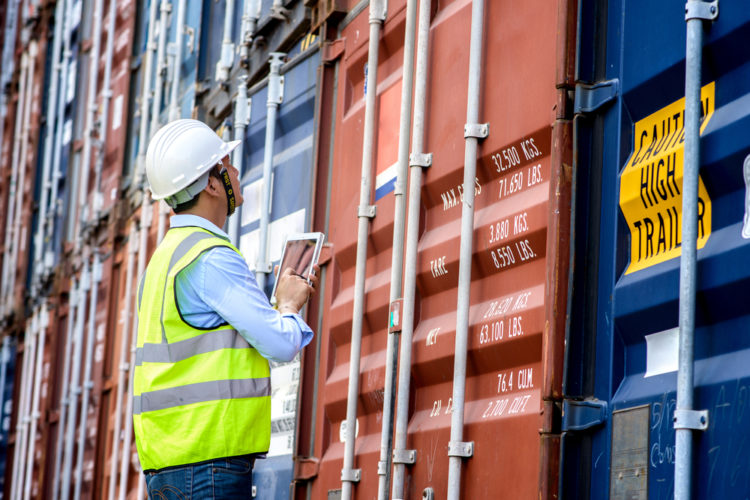Engineers have raised concerns about the impact of business secretary Jacob Rees-Mogg’s plans to switch to imperial measurements for buying goods The proposals have survived from the early Brexit days and would see all products purchased within the UK measured using the imperial system of pints, pounds and miles However engineers are concerned about the potential implications of the plans Arup director of infrastructure design Tim Chapman said: “I’m not a fan of the switch back. If you’re a carpenter in the 16th century and not that literate, yes imperial measurements are easier to use for measuring halves and quarters but now with the complex systems civil engineers use, the metric system is a lot more efficient Using your thumb to measure is not necessarily what is needed right now Chapman emphasised that the industry currently relies on a large number of complex digital systems to operate at the current capacity. These would all have to be completely rewritten which would take time and cost a lot of money.

He added: “Everything would need to be redone which would be involve a huge amount of rewriting systems. Software at the moment is globalised, but we would be producing these for one market covering.
National Highways has confirmed that if imperial measurements do become UK standard, a number of its systems will have to be altere A spokesperson said: “At present, the Design Manual for Roads and Bridges (DMRB) and the Manual of Contract Documents for Highways Works (MCHW) uses metric units in accordance with current UK legislation If changes to the legislation relating to measurement is made then, National Highways will amend the DMRB and MCHW in line with the legislative changes if the change does go ahead, which seems possible judging by a recent ministers’ poll which didn’t have an option to vote against the switch, the units for measurement will be inches, feet and miles; volume, pints, quarts and gallons; and weight, ounces, pounds and ston A recent Institution of Civil Engineers update co-authored by Chapman and David Hirst, founder and director of Ainsty Risk Consulting, cautioned against the switch due to how the reintegration of systems could cause errors.

Chapman said: “We don’t want to induce a new set source of mistakes, designing a bridge or a skyscraper, there’s lots of detail in there.
When I was younger and designing piles we didn’t have PCs. Every pile got a human eye over it, that doesn’t exist now but we have a huge amount of sophisticated systems where all the factors would change Where units are concerned “consistency is key” Chapman and Hirst emphasise, and further worries include how a switch could hinder future projects that involve an entire work force used to working in the International System of Unit University of Kent mechanical engineering lecturer and ex-research associate on the subject for the University of Cambridge Dr Philipp Seiler said The moment you’re consistent you’re fine but we’ve used the metric system for so long now. It would be a mess if we changed it We would lose a lot of intuition in the industry and there will be a big impact but you like to think it shouldn’t impact the results at all. I only worry that a change now could lead to errors and delayed projects with higher cost Currently only three countries continue to use imperial units, the USA, Liberia and Myanmar. Seiler believes a switch could damage the UK industry’s trade with the rest of the world, particularly since these three countries often use metric for trading purposes.

He said The change would have a big effect on our trade with the world and imports and exports. All US companies importing to the UK would use metric units anyway by now.


Recent Comments